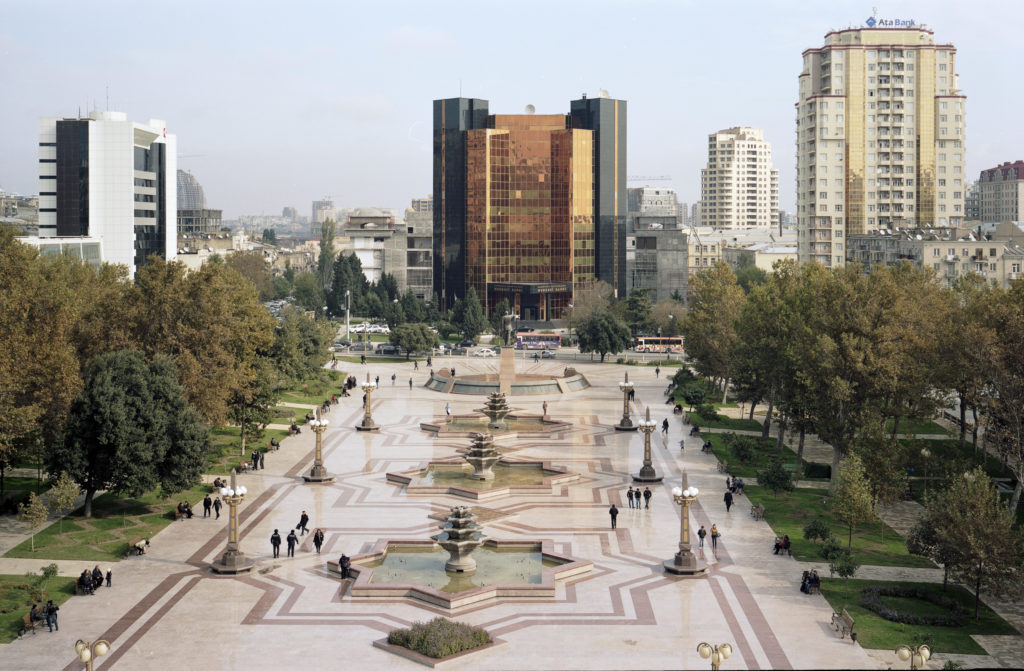BAKU
Azerbaijan’s central bank raised its key refinancing rate to 7.5 percent from 7.25 percent, amid accelerating inflation globally and a decrease in demand domestically.
The bank raised the upper level of the rate corridor to 9.0 percent from 8.25 percent, while the lower level remained unchanged – at 6.0 percent.
The central bank had kept the rate unchanged since December 2020, when it cut 25 basis points from 6.50 percent. In September last the bank raised the rate to 6.50 percent from 6.25 percent, the first rise in five years and raised it again in November to 7.0 percent and to 7.25 percent in December.
Consumer prices in Azerbaijan rose by 1.6 percent in December month-on-month after rising 1.5 percent in November. Annual inflation in December was 6.7 percent, up from 6.2 percent in November last year.
Azerbaijan forecast annual inflation in a range of 6.3-6.6 percent.
The bank linked the rise in inflation to the rise in prices for goods on world commodity exchanges and problems in the global supply chain.
“This decision (on the rate) was made on the basis of a forecast of short-term and medium-term inflationary factors, taking into account the impact of increasing inflationary processes in the global economy, in particular, the transfer to the national economy of rising prices for food and raw materials, transport and logistics costs, as well as the processes of liberalisation of regulated prices and tariffs against the background of growing balanced domestic demand,” the bank said in a statement.
The central bank projects annual inflation at 4 percent in 2022.
Experts say that the central bank’s monetary policy is expected to focus on inflation control whilst still supporting economic recovery. Broad money is forecast to rise due to continued fiscal stimulus and resumed growth in credit to the private sector, while Azerbaijan’s exchange rate should remain stable as a renewed trade surplus takes the pressure off the manat.
Azerbaijan’s economy expanded by 5.6 percent in 2021, up from a 4.3 percent contraction a year earlier as the country eased the majority of the restrictions it had imposed to curb the coronavirus pandemic, allowing the non-oil sector to expand, and backed by rising global oil prices.
The rise in the oil sector was 1.8 percent, while the non-oil sector grew by 7.2 percent. In nominal terms, gross domestic product (GDP) reached 92.9 billion manats ($54.7 billion).

